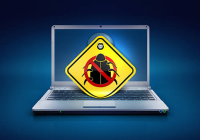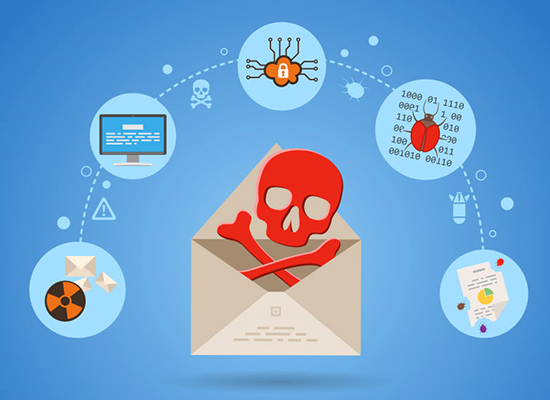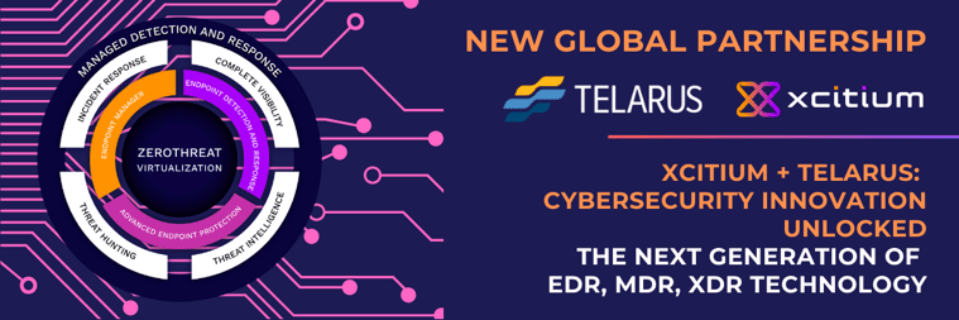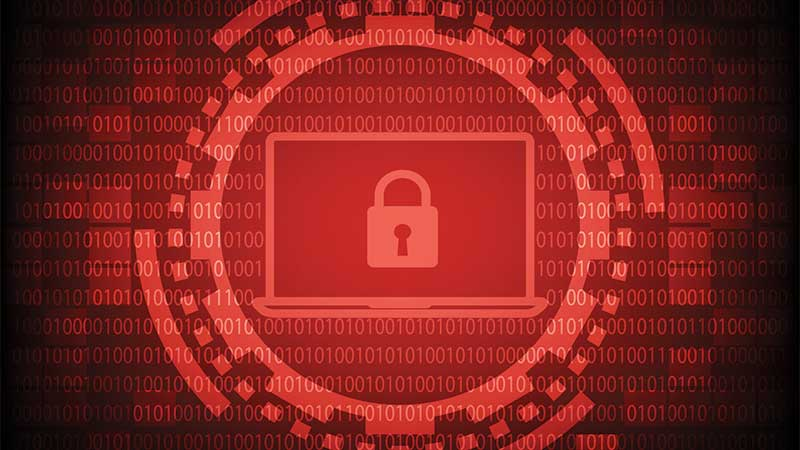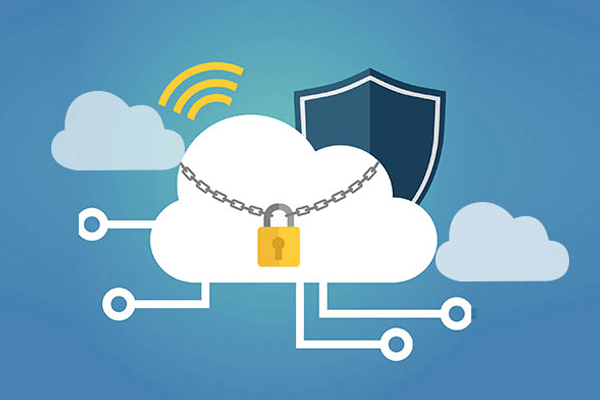1.4 Million Patient Records Leaked in Hospital Hack: How Xcitium Prevents Such Breaches
Updated on December 24, 2024, by Xcitium

The cybersecurity crisis in the healthcare sector has hit another devastating milestone. A major U.S. hospital recently fell victim to a cyberattack, resulting in the exposure of sensitive data belonging to 1.4 million patients. The leaked information includes personal identification details, medical histories, and financial data—underscoring the urgent need for robust defenses against increasingly sophisticated cyber threats.
Healthcare institutions must rethink their approach to cybersecurity, moving beyond traditional safeguards to embrace strategies that proactively identify and neutralize threats. Xcitium’s Zero Trust approach ensures the safety of every file, application, and executable, never assuming anything is safe without validation—preventing attacks before they happen.
Why Healthcare Is a Top Target for Cybercriminals
Hospitals and healthcare providers are particularly attractive to cybercriminals for several reasons:
- High-Value Data: Patient records are worth significantly more than other types of stolen data because they enable identity theft, insurance fraud, and other criminal activities.
- Operational Sensitivity: The critical nature of hospital operations often forces healthcare organizations to pay ransoms quickly to restore services.
- Legacy Systems: Many hospitals still rely on outdated IT systems that are vulnerable to modern attack methods.
- Resource Constraints: Limited budgets and IT staffing shortages make it difficult for healthcare providers to implement comprehensive cybersecurity measures.
The Devastating Impact of a Data Breach
The consequences of a cyberattack on a healthcare organization are far-reaching:
- Patient Care Delays: Attacks often disable critical systems, disrupting medical care and jeopardizing patient safety.
- Financial Losses: Costs include ransom payments, recovery expenses, legal fees, and potential regulatory fines.
- Reputational Damage: A breach erodes trust among patients and partners, damaging the organization’s reputation.
- Regulatory Risks: Healthcare organizations must comply with stringent regulations such as HIPAA, and a breach can lead to significant penalties.
Moving Beyond Traditional Defenses with Proactive Cybersecurity
The healthcare sector needs a proactive cybersecurity strategy that prevents breaches before they can compromise sensitive data. Here’s how:
1. Validate, Don’t Assume: Xcitium’s Zero Trust in Action
Unlike access-based Zero Trust models, Xcitium’s Zero Trust architecture ensures the safety or risk of every file, application, or executable. If the status of a file is unknown, Xcitium assumes it poses a risk and isolates and virtually executes to safely determine its risk. This proactive approach eliminates threats before they can infiltrate hospital systems.
2. Deploy Real-Time Threat Containment
Xcitium’s ZeroDwell technology isolates and virtually executes suspicious activities at the point of entry, neutralizing malware and ransomware without negatively impacting productivity before they can execute or spread.
3. Regular Patching and Updates
Ensuring systems and software are up to date minimizes vulnerabilities that attackers can exploit. Automated patch management tools make this process seamless.
4. Incident Response Planning
Hospitals must establish and regularly test incident response protocols to minimize downtime and recovery costs in the event of an attack.
5. Staff Training and Awareness
Healthcare employees must be educated to recognize phishing attempts and other common attack vectors. Human error remains one of the leading causes of successful cyberattacks.
How Xcitium Helps Protect Healthcare Organizations
Xcitium provides cutting-edge cybersecurity solutions tailored to the unique challenges of the healthcare industry. Here’s how Xcitium empowers healthcare organizations to defend against evolving threats:
1. Proactive Threat Analysis
Xcitium ensures that every executable, file, or application is validated for safety. This “never assume” approach eliminates gaps that traditional defenses might miss.
2. ZeroDwell Technology
Malicious threats are isolated instantly, virtually executed, and diagnised ensuring that even unknown files cannot compromise critical systems.
3. Regulatory Compliance Support
Xcitium’s solutions align with healthcare regulations such as HIPAA, providing tools to safeguard patient data and avoid penalties.
4. Scalable, Cost-Effective Solutions
Designed to meet the financial and operational needs of healthcare organizations, Xcitium’s solutions are scalable for hospitals of any size.
5. Enhanced Visibility and Reporting
Xcitium provides comprehensive analytics and reporting, helping healthcare organizations understand their security posture and demonstrate compliance.
Conclusion: Building Resilience in Healthcare Cybersecurity
The breach of 1.4 million patient records underscores the critical need for healthcare providers to adopt advanced, proactive cybersecurity measures. Traditional approaches that assume safety based on the absence of known threats are no longer sufficient.
Xcitium’s unique approach to Zero Trust, which validates every file and executable for safety, offers healthcare organizations the protection they need to prevent breaches and maintain patient trust. With Xcitium, healthcare organizations can stop threats before they disrupt operations or compromise sensitive data—empowering them to focus on delivering quality care.



